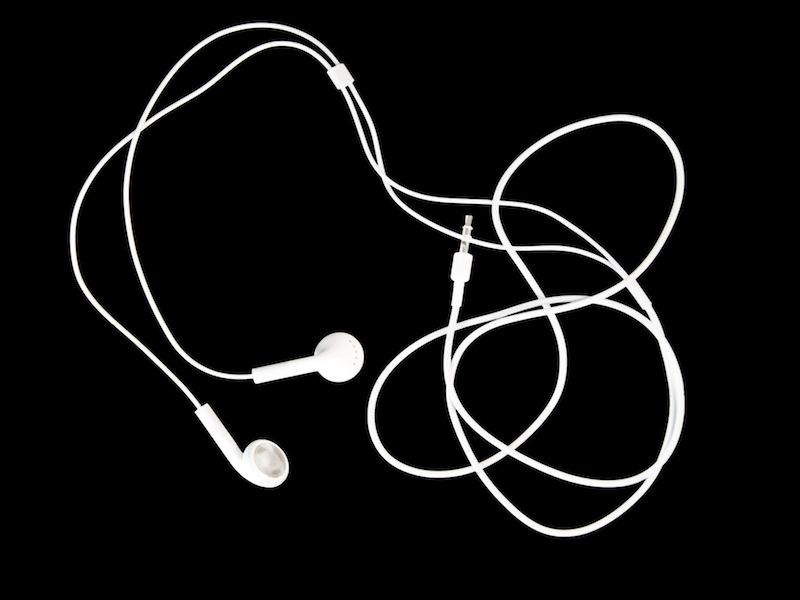
It’s not necessary to feel like your alone if you haven’t had a hearing exam since you were a youngster. It’s not normally part of a routine adult physical and sadly, we tend to treat hearing reactively instead of proactively. As a matter of fact, even when they recognize they have hearing loss, the majority of people ignore it for up to seven years which can severely impact your health. In fact, in the long run, it’s been proven that your overall health expense will increase if you have untreated loss of hearing.
The good news, In order for our hearing professionals to help you, we recommend a hearing exam which is easy, pain-free and gives a wide range of important information. Both to find out if interventions like hearing aids are helping you and also for diagnosing potential hearing problems. When you were younger, you might remember the audiometry test from school, but a full hearing exam will give you a better understanding of your hearing without a lollipop or sticker.
While you may not give the condition of your hearing as much thought as you do the health of your eyes or your teeth, it is important that you routinely have your hearing checked. It can be a long time before you recognize that there is an issue with your hearing. Because loss of hearing commonly occurs slowly over time it’s not easy to recognize it at first, but the sooner you can, the more likely you will be able to effectively deal with it.
How do You Know When to Get Tested?
Normally the hospital will screen babies for hearing loss before they release them. Teenagers should be tested during regular exams with their physicians and children should have formal hearing tests at the ages of 4, 5, 6, 8 and 10 years old according to The American Academy of Pediatrics.
It’s recommended that if you are between the ages of 18 and 49, you get your hearing examined every five years and then, as you age, more often. After you turn 60 you should get examined every two years and if you are in between 46 and 60 every three. But you may need to get checked more often. Your individual situation will determine when you should get an exam. If you notice your hearing isn’t as good as it used to be, you should have it examined immediately. Quite a few health concerns are associated with untreated hearing loss, such as increased risk of falling, mental decline, and depression. Your ability to work effectively and your relationships can also be impacted.
There are also circumstances in which you should get a hearing exam as soon as you can to address loss of hearing that could get worse. The following scenarios indicate that you need to get a hearing test right away:
- There is earwax buildup or you had an ear infection
- It is difficult to pinpoint where sounds are coming from
- Asking people to repeat themselves is something you have to do constantly
- You are experiencing a constant ringing in your ears
- You are experiencing vertigo
- Conversations are difficult to hear when you are in a crowded area especially
Another consideration is whether you are at a greater risk for hearing loss. You should have your hearing screened more frequently, for example, if you are subjected to loud noise or if loss of hearing runs in your family.
Also, over 200 ototoxic medications exist. From Aspirin to some antibiotics, these drugs can be very harmful to your hearing. In order to be certain none of your medications are affecting your ears, check with your doctor. Consider having your hearing tested more often in order to address any loss of hearing right away if you are taking any ototoxic medications.
Also, think about your habits and whether they may contribute to hearing loss. Frequently using your earbuds? Hearing loss has significantly increased in younger people, and many experts think that this is due to the use of headphones and earbuds. Loud concerts, shows, or machinery can also do significant harm to your ears. If you feel that it’s time for you to have your hearing tested, schedule an appointment today.
